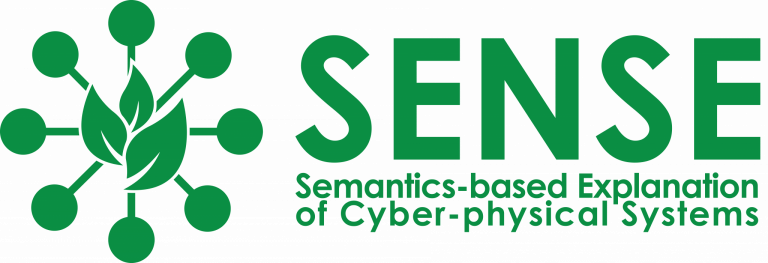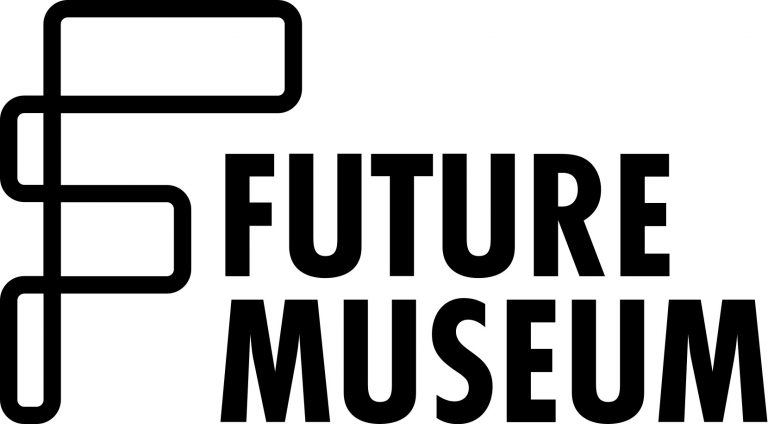Active Projects
Vienna Doctoral College on Digital Humanism
Since the first international Vienna Workshop on Digital Humanism in 2019, the topic and supporting initiatives have continuously gained momentum....
Read MoreFWF HOnEst
Ontologies represent and capture both terminological and assertional knowledge underlying novel intelligent systems including question answering systems (e.g., IBM Watson) or...
Read MoreCitizen-PB
According to the Vienna Manifesto on Digital Humanism, digital technologies should be designed to promote democracy, inclusion and enhance civic...
Read MoreBilateral AI
Cluster of Excellence A new level of artificial intelligence The project “Bilateral AI” aims at lifting artificial intelligence (AI) to...
Read MorePast Projects
WAW VaSQua
Enterango teams up with the Information and Software Engineering team of the TU Wien to apply the latest research insights...
Read MoreOntoCommons
OntoCommons lays the foundation for interoperable and standardised data documentation across all materials and manufacturing domains, thereby facilitating data sharing...
Read MoreH2020 OntoTrans
OntoTrans provides an ontology-based Open Translation Environment. Its Artificial Intelligence approach enables end users to represent in a standard ontological...
Read MoreFuture Museum
Future Museum is a MUSEUM BOOSTER research project with international research partners, that aims at helping museums apply cutting-edge know-how...
Read MoreFFG WellFort
The WellFort project aims to research the basic mechanisms to (a) provide secure storage for users’ sensitive data, (b) deliver...
Read MoreFFG OBARIS
The FFG-funded OBARIS project (Ontology-Based Artificial Intelligence in Environmental Sector) aims to advance the status quo in the area of...
Read MoreFFG CitySPIN
The CitySPIN project aims to create a platform for cyber-physical social systems in order to facilitate innovative Smart City infrastructure...
Read More










